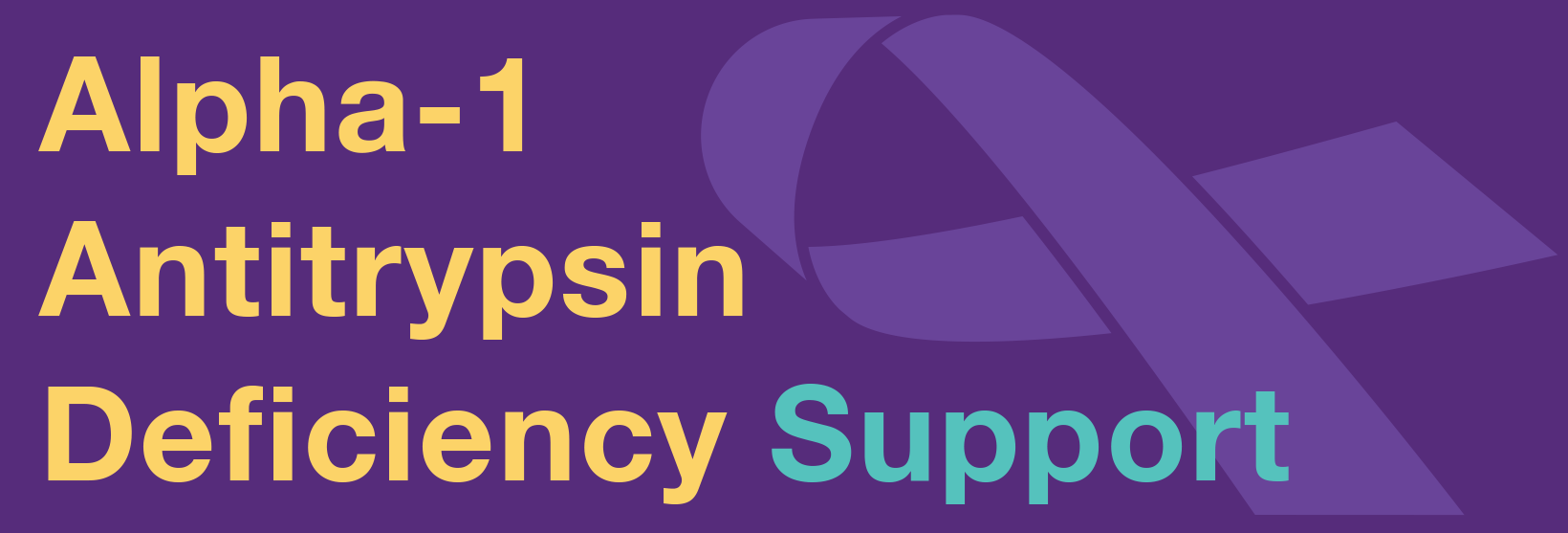Babies and children with liver disease may not be very hungry (have poor appetites) and will need more energy (calories) and protein. This is because the damaged liver cannot process nutrients effectively. This increase in requirements alongside poor food intake and reduced absorption of nutrients can lead to:
Paying special attention to nutrition is therefore very important. You will receive specialist nutritional advice and support from your child’s dietitian at your hospital as needed.
- Malnutrition
- Poor growth
- A lack of energy
- An increased risk of infection
Children’s Liver Disease Foundation
The Children’s Liver Disease Foundation answers all sorts of questions on nutrition and the liver affected child on their site, including:
Why is nutrition so important?
What is a nutritional assessment?
Why do some children with liver disease have poor nutrition?
What are specialised infant formulas?
Can breastfeeding continue?
What happens if babies are formula fed?
Do children with liver disease need their nutrition monitored?
Can my baby with liver disease be weaned as usual?
Do older children need a special diet?
What happens if my child is not growing as they should?
What is tube feeding?
Why is tube feeding sometimes needed?
Is tube feeding painful?
When is tube feeding done?
Do children with liver disease need to limit the amount of fat in their diet?
Do children with liver disease need extra vitamins?
Do children need to avoid or have any particular foods in their diet?
How are the feeds and equipment used when children are at home?

